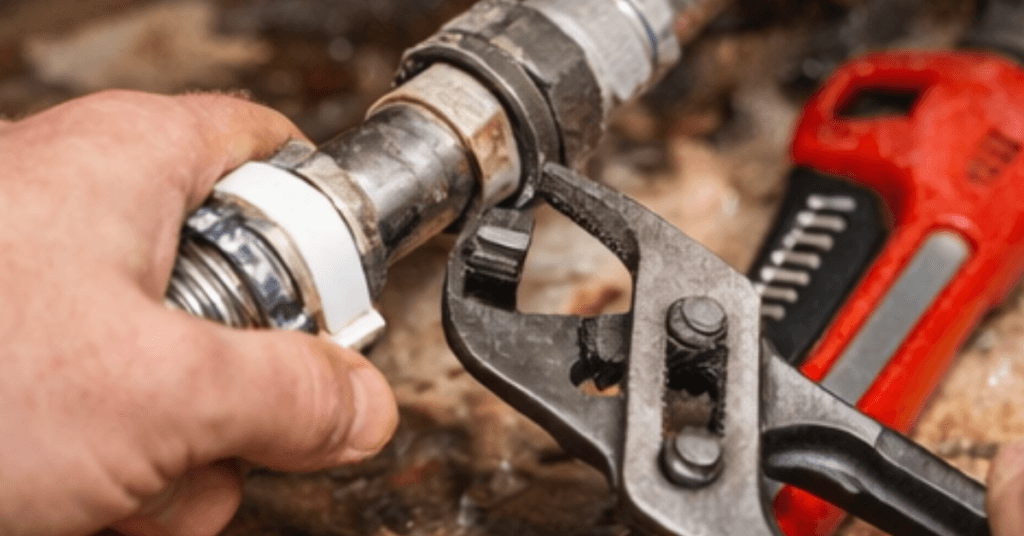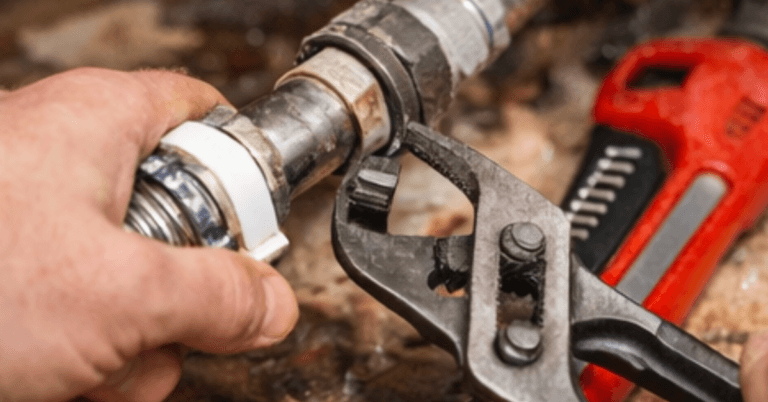
Choosing the right water heater for your Central Oregon home isn’t just about comfort—it’s about saving money, reducing energy use, and supporting a more sustainable future. In 2025, energy-efficient water heaters have become more advanced, cost-effective, and environmentally friendly than ever before.
Whether you’re replacing an old unit or building a new home, understanding your options will help you make a smart investment.
At Einstein Pros, we’ve helped countless homeowners in Central Oregon find the perfect water heating solutions. Here’s your complete guide to selecting an energy-efficient water heater in 2025.
Why Energy Efficiency Matters
Water heating accounts for about 18% of your home’s energy use—making it one of the largest contributors to your monthly utility bills. According to the EPA ENERGY STAR program, upgrading to an energy-efficient model can save homeowners hundreds of dollars annually while reducing greenhouse gas emissions.
Step 1: Understand the Main Types of Energy-Efficient Water Heaters
In 2025, the most popular and efficient models fall into four main categories:
1. Tankless (On-Demand) Water Heaters
- Heat water only when you need it.
- Compact design, perfect for smaller homes or limited space.
- No standby energy losses from keeping water hot in a tank.
- Ideal for households with lower simultaneous hot water demands.
2. Heat Pump Water Heaters (Hybrid Models)
- Use electricity to move heat rather than generate it.
- Can be two to three times more energy-efficient than conventional electric models.
- Best suited for homes with moderate to warm climates and adequate space.
3. Solar Water Heaters
- Use solar panels to heat water, with a backup system for cloudy days.
- Highest potential for energy savings but requires higher upfront investment.
- Works best in sunny areas of Central Oregon.
4. High-Efficiency Storage Water Heaters
- Improved insulation and heat traps reduce standby heat loss.
- Ideal for families with consistent high hot water demand.
Step 2: Size It Correctly
An oversized water heater wastes energy, while an undersized one leaves you with cold showers. Correct sizing is essential for both comfort and efficiency.
- Tank Water Heaters: Match tank capacity to household size.
Example: A family of four typically needs a 50–60 gallon tank. - Tankless Water Heaters: Size based on flow rate (gallons per minute) and temperature rise needed.
- Heat Pump Water Heaters: Consider both tank size and recovery rate.
Pro Tip: At Einstein Pros, we assess your household usage patterns to ensure your water heater matches your needs perfectly.
Step 3: Check the ENERGY STAR® Label
Always look for the ENERGY STAR® label when shopping. This certification from the EPA guarantees the unit meets strict energy efficiency guidelines. The label also provides:
- Estimated yearly energy use.
- Approximate annual operating cost.
- Efficiency ratings like Uniform Energy Factor (UEF).
Step 4: Compare the Uniform Energy Factor (UEF)
The UEF rating tells you how efficiently a water heater converts energy into hot water:
- Higher UEF = Greater efficiency.
- For tankless models, a UEF of 0.90 or higher is excellent.
- For tank models, look for UEF 0.64 or above.
Step 5: Consider Fuel Type and Availability
In Central Oregon, your fuel choices typically include:
- Electricity – Widely available and compatible with heat pump and tankless models.
- Natural Gas or Propane – Often lower operating costs but requires proper venting.
- Solar Energy – Best for eco-conscious homeowners with access to sunny roof space.
Your local climate, energy prices, and home infrastructure will influence which fuel type is most practical.
Step 6: Factor in Total Cost of Ownership
Don’t just look at the purchase price—consider:
- Installation costs
- Annual operating costs
- Maintenance requirements
- Potential rebates or tax incentives
For example, a heat pump water heater might cost more upfront than a standard electric tank, but the annual savings can quickly offset the difference.
Tip: Check for rebates through Oregon’s Energy Trust programs and federal tax credits for ENERGY STAR-certified units.
Step 7: Plan for Professional Installation
Even the most efficient water heater won’t perform well if it’s improperly installed. A qualified plumber ensures:
- Correct sizing and placement
- Safe electrical or gas connections
- Proper venting (for gas models)
- Compliance with local building codes
At Einstein Pros, our licensed plumbing experts handle installation from start to finish, ensuring maximum efficiency and safety.
Step 8: Maintain for Maximum Efficiency
Routine maintenance extends your water heater’s lifespan and keeps it running efficiently:
- Flush the tank annually to remove sediment buildup.
- Inspect and replace the anode rod as needed.
- Clean air filters for heat pump models.
- Check for leaks or unusual noises.
Our Plumbing Maintenance Services in Central Oregon can help you keep your system in peak condition year-round.
Final Thoughts
In 2025, choosing an energy-efficient water heater is about more than hot water—it’s an investment in your comfort, your wallet, and the environment. By understanding your options, checking the ENERGY STAR® label, and working with a trusted local plumber, you can enjoy reliable hot water while reducing energy waste.
If you’re ready to explore the best water heater options for your Central Oregon home, contact Einstein Pros today. Our team will guide you through selection, installation, and maintenance, ensuring you get the perfect fit for your household’s needs.
